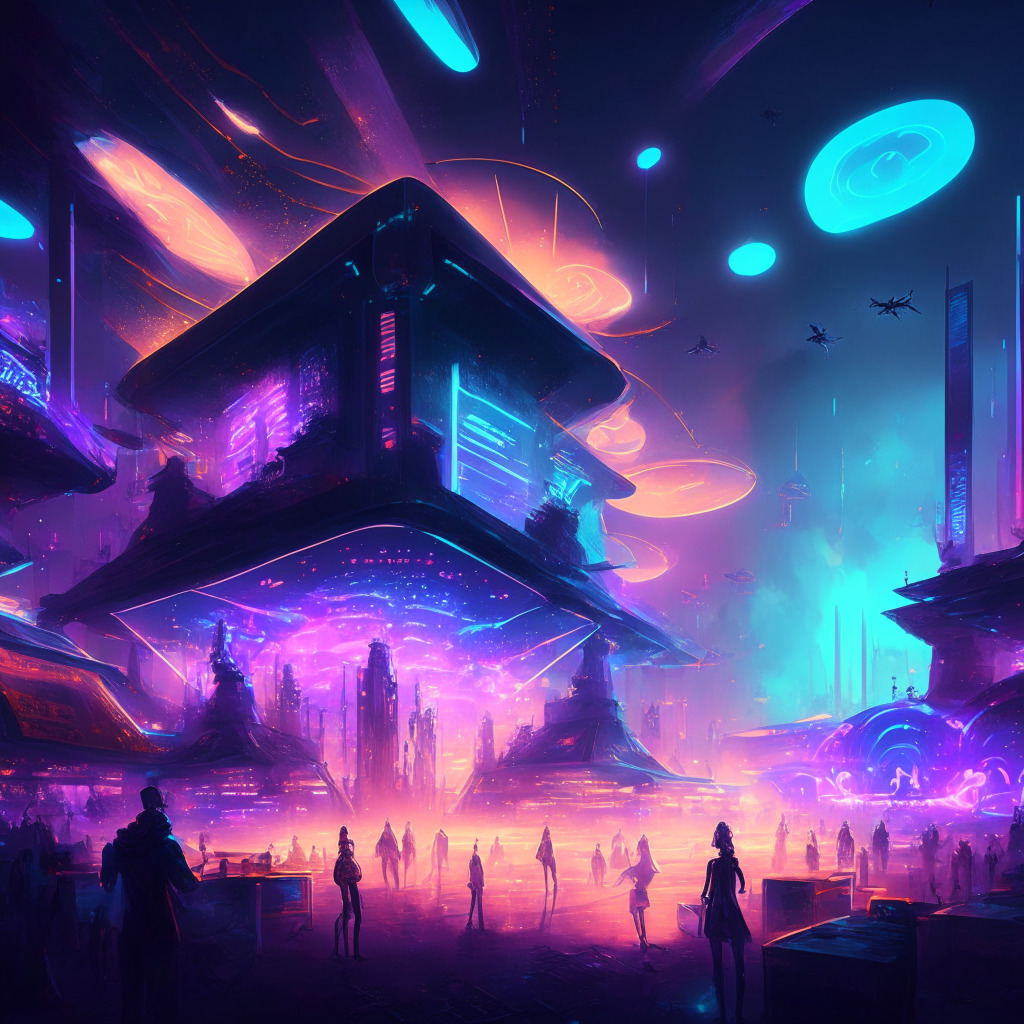The multi-chain NFT marketplace, Magic Eden, has recently announced a “Chapter II” initiative, bringing a shift in focus back to their original home on Solana. Through this initiative, the company aims to open up its platform, aggregating listings from competing marketplaces and providing a single destination for traders to manage their NFT listings and purchases across the Solana network. With these changes, Magic Eden addresses long-standing criticisms regarding its closed-source code and limitations on composability opportunities across platforms.
One noticeable change in Magic Eden’s approach is the removal of a “co-sign” feature, a point of contention that had previously prevented its marketplace listings from being easily aggregated by other NFT marketplaces. By doing so, Magic Eden not only offers traders a more convenient experience but also levels the playing field for other NFT marketplaces on Solana.
However, it remains uncertain whether Magic Eden will still use an escrow contract that takes custody of users’ listed NFTs, which has been a leading point of criticism and called a potential security threat by rivals. To incentivize traders further, Magic Eden is temporarily changing its “maker fee” to -0.25% for specific transactions, meaning the platform will pay traders to buy and sell NFTs. In addition to this, users can earn fees for operating automated market maker (AMM) NFT trading pools on the platform.
Magic Eden’s transition comes as Tensor, a surging rival, garners market share in the Solana NFT space. Tensor offers a rewards model similar to Blur, Ethereum’s leading NFT marketplace. Recent data exhibits Magic Eden leading Tensor in trading volume over the past week, holding 44% versus Tensor’s 40%, and capturing a dominant 51% of the Solana NFT market share in the past day in comparison to Tensor’s 35%.
However, Magic Eden’s reemergence is not without controversy. Tensor developers have criticized Magic Eden for continuing its co-sign requirement, which disrupts overall market progress. Despite their expansion to other chains such as Ethereum, Polygon, and Bitcoin, Magic Eden remains committed to its strong re-commitment to Solana.
In summary, Magic Eden’s “Chapter II” initiative aims to re-establish its dominance on Solana by introducing various improvements and addressing previous criticisms. As they work towards opening their platform and incentivizing traders with fee alterations, the competition within the Solana NFT market intensifies. While this may lead to greater market fluidity and collaboration between platforms, the question remains whether other criticisms, such as security concerns, will be addressed by the platform moving forward.
Source: Decrypt




